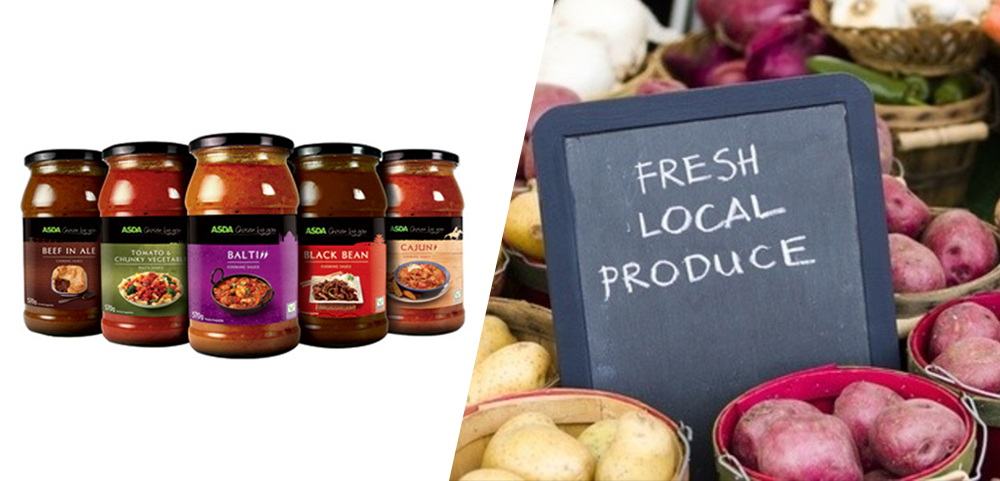Currently a managing partner at boutique growth consultancy Fika, Mark Baxter started his career at Procter & Gamble and has gone on to hold positions such as Head of Marketing & Strategy and Head of Global Strategic Category Marketing at Tesco. Having worked with a wealth of major international FMCG brands, he is an expert in the fields of commercial strategy, marketing, pricing, customer loyalty, digital and product launch.
On how co-creation means getting back to basics…
There is a push by customers for brands to be clearer (and more transparent). The market is shifting and consumers are demanding more from their products; it will be interesting to see how the established brands compete. Co-creation, simply put, is understanding who you are as a brand, creating products that you love and want to use, sticking to your principles and having conversations with your advocates. It’s a democratic approach to marketing and product development. It’s how brands originally evolved.

On the consumer trends that are driving the co-creation shift…
Supermarkets are favouring private label and customers are favouring local brands – avoiding global markets and looking to protect local communities, farmers and tradesmen. There’s a regenerated appreciation for local and trust and transparency sit at the heart of that. Customers want to associate with likeminded people who will listen to them. The issue for brands is how to compete in this post scale economy, the balance between giving customers what they are seeking and making these options cost effective. In the past five years, large global brands have lost share to small brands and start-ups in 77% of categories. Consumers crave unique and authentic brands that share their personal preferences and are researching and seeking out products rather than responding to traditional advertising. This erosion is happening in almost every consumer category.
On Mergers and Acquisitions vs. Research and Development…
M&A has replaced R&D in many large FMCG companies and it will be interesting to see if these large brands are able to preserve the quality and authenticity of their acquisitions. (A principle isn’t a principle until it costs you money – particularly as many customers see propaganda replacing marketing.) The big question is whether its better (read easier and more profitable) to innovate or acquire. I think the balance is tipping, but the large FMCG companies are acquiring disrupter brands at a premium with the aim of competitive neutralisation. Going forward, those that develop this skill will obtain competitive advantage, which will drive growth and competitiveness. We’re not quite there yet but the time will come.

On the changing expectations of millennials and Gen Z…
They’re not loyal to brands, they’re loyal to principles and values – that’s why brands are hurting. They’re turning down high paid city and corporate jobs and are pursuing fulfilling careers. The opportunity is to tap into this, however if that isn’t your natural state as a brand, it can be perceived as disingenuous. Successful brands and companies need to become truly customer-centric, which means listening and having conversations. The challenge is how to to this at scale without diluting the ethos.
